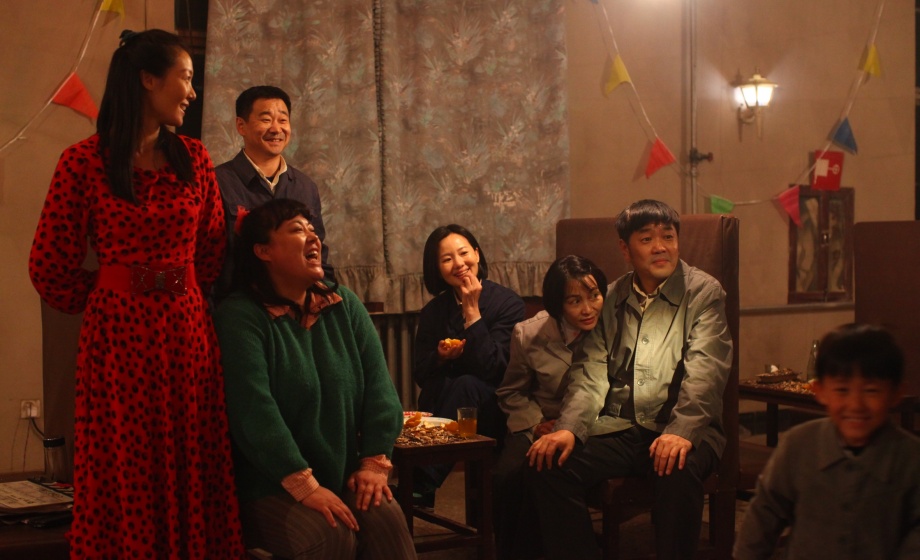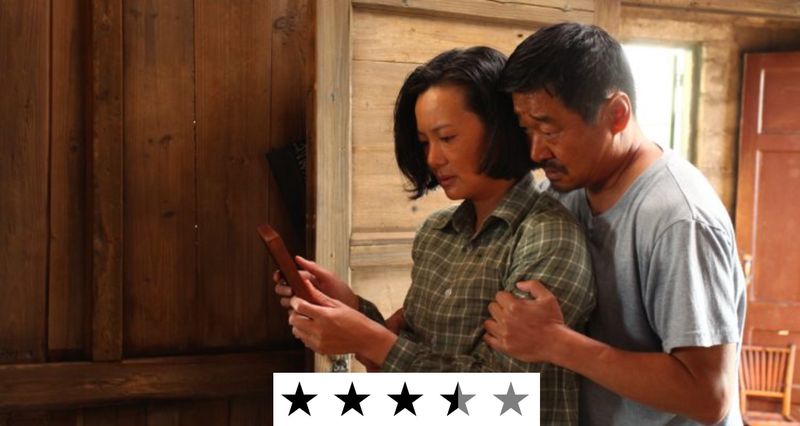Years ago Yaojun and Liyun’s son Xing died in a tragic accident, while his best friend Hao has to live with the guilt. For decades, Wang’s film has been a knotted web in the middle of Chinese one-child politics, jumping from scene to scene from past to present.



A silent, but devastating movie, that builds up a breathtaking tragic background story in an epic 3-hour running time and draws a rich portrait of grief in a time of extreme difficulties. I think she manages so cleverly to intervene in the lives of our main characters in the reality of one-child politics without bringing them openly to the top of the film core. It’s only subtly implied, something like a lingering background character that you know is there and that you know has a significant impact on this family. It’s a beautiful, delicate film that’s played amazingly emotionally by its main characters.

